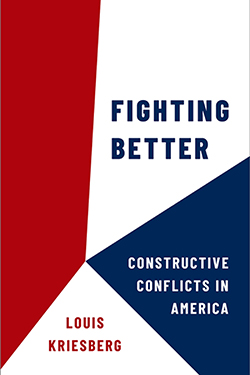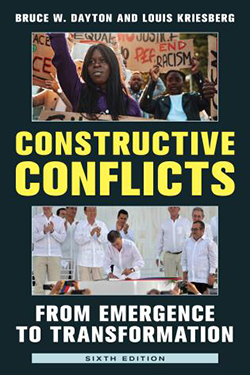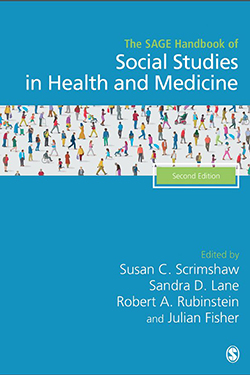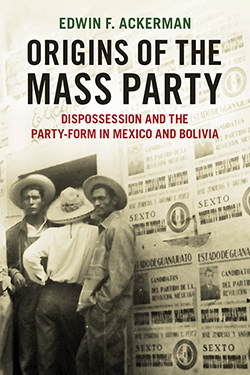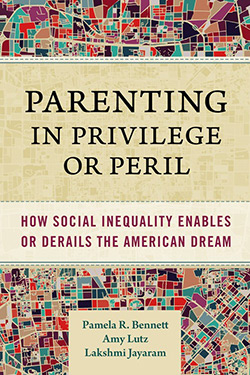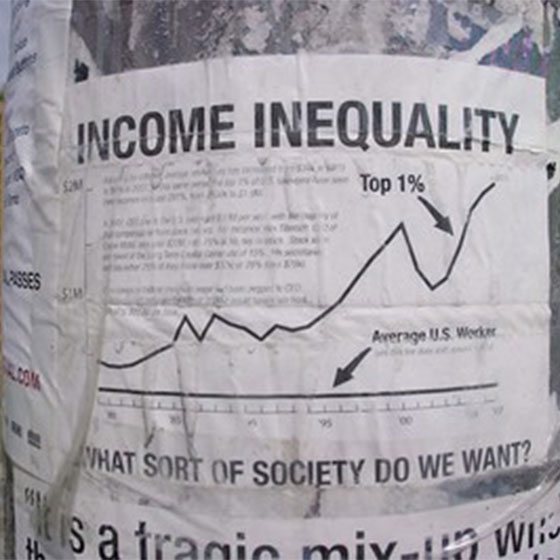
Inequalities
This area brings together scholars who focus on race and ethnicity; poverty, class and stratification; gender and sex; and sexuality and LGBTQ studies. Our research uses an array of methods, ranging from secondary analysis of large nationally representative data sets to in-depth interviews and ethnographies of small groups, to explore the social construction of race, gender and sexuality, the ways in which these structure the broader social world, and the causes and consequences of social inequalities in the U.S. and abroad.
Globalization, Immigration and Transnational Studies
Globalization, migration and the transnationalization of more geosocial spaces and life experiences have generated a rich diversity of research questions and, in some instances, entirely novel areas of investigation. A number of overarching, but pressing, questions inform the research and teaching taking place. These inspire research and teaching that examine both (1) discontinuities and continuities with the past and (2) new social configurations of global/local interactions in societies around the world. Faculty interests range from investigations into contentious debates about the political and economic origins of globalization or the continued viability of nation-states to empirical studies about the impact of migration on domestic societies and on migrants themselves.

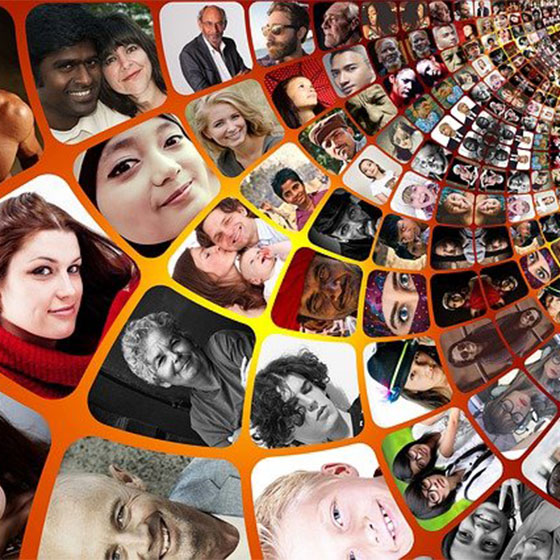
Population and Place
This exciting area brings together scholars across multiple subfields within sociology, such as urban sociology, rural sociology, life course, family, and demography. We examine provocative questions about how and why places and their populations change
over time, and why some places and populations are more advantaged than others.
Faculty members in this area use a wide range of research methods and data, from quantitative analyses of large national datasets to rich ethnographic analyses of local communities. Many faculty members in this area regularly communicate with policymakers, the media and local organizations to make positive change.
Policy, Place and Population Health Lab
The P3H Lab is a vibrant hub of interdisciplinary research and training on how places and their policies shape population health. A central focus of the lab is to investigate how U.S. state and local environments affect people’s health and life expectancy. It is co-directed by sociology faculty members Jennifer Karas Montez and Shannon Monnat.
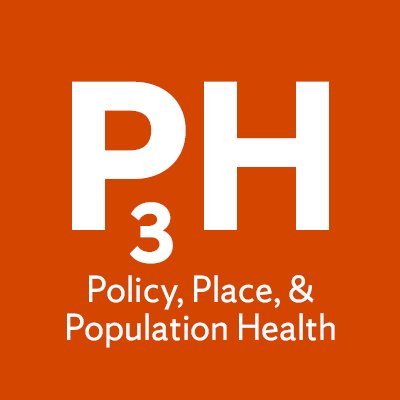
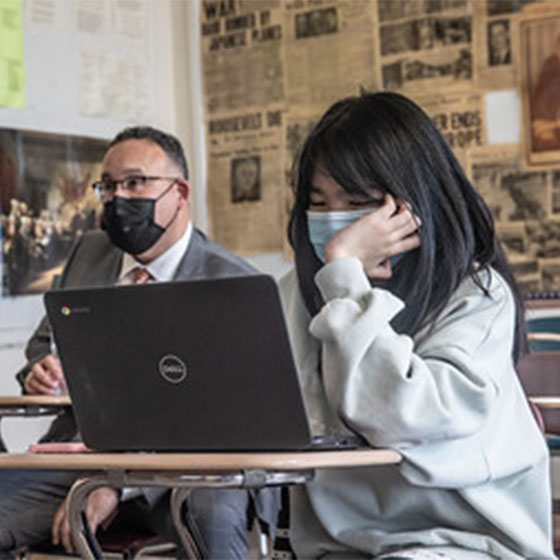
Education and Family
Faculty in this focal group have interest in the sociological studies of education and family, and the relationship between family and schools, in shaping educational processes and outcomes. They employ both quantitative and qualitative methods, and study domestic and international issues. We have two subspecialties: education and inequality; and family.
Health, Aging and Life Course, Disability
This area brings together scholars in medical sociology; aging and the life course; disability in society; sociology of population; mental health; and alcohol, drugs and tobacco. Collectively, we are concerned about the health and well-being of individuals of all ages, with a particular focus on social processes that generate disparities in health and health-related outcomes across the life course.
Our research uses primary and secondary data to examine topics including: care work and grandparenting; early-life influences on later-life outcomes; health and mortality among persons with long-term disability; intergenerational relationships; opioid use and deaths of despair; morbidity and mortality trends; the effects of state and local policies on health; racial/ethnic and socioeconomic differences in health; sexuality and sexual health; and veteran’s health.

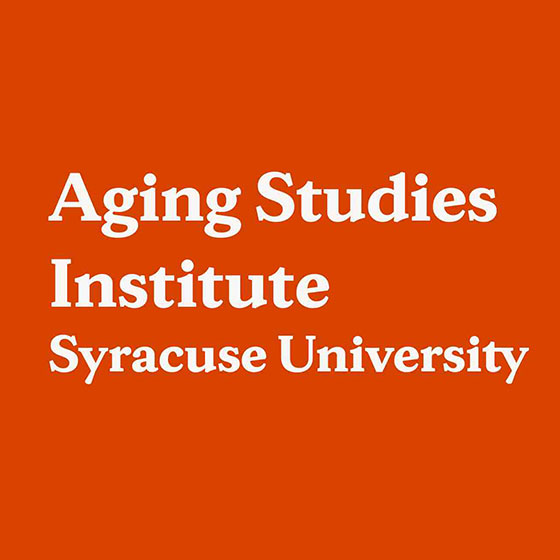
Aging Studies Institute
ASI is a collaborative initiative of the Maxwell School and Falk College of Sport and Human Dynamics. With over 65 faculty affiliates from more than 17 departments, its mission is to coordinate and promote aging-related research, training and outreach at the University. Janet Wilmoth, chair and professor of sociology, serves as its director.
Power, Capital and Politics
Faculty members in this area draw on a variety of methodological approaches, interdisciplinary literatures and theoretical perspectives to interrogate the relationship between the state and capital, the impacts and implications of social policies, and the punitive as well as productive effects of power throughout society. We pay particular attention to the ways in which race, class, gender and citizenship both shape and are shaped by ongoing political struggle. Faculty members in this cluster are especially concerned with linking macro-analyses of political economy to questions of culture, identity, experience and struggle.
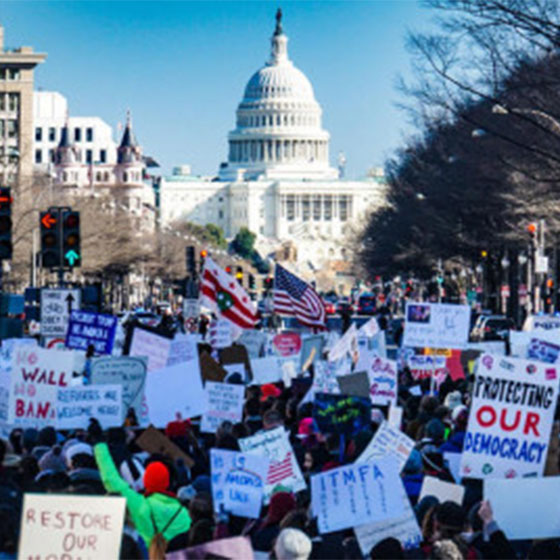
Collaborative in research and teaching
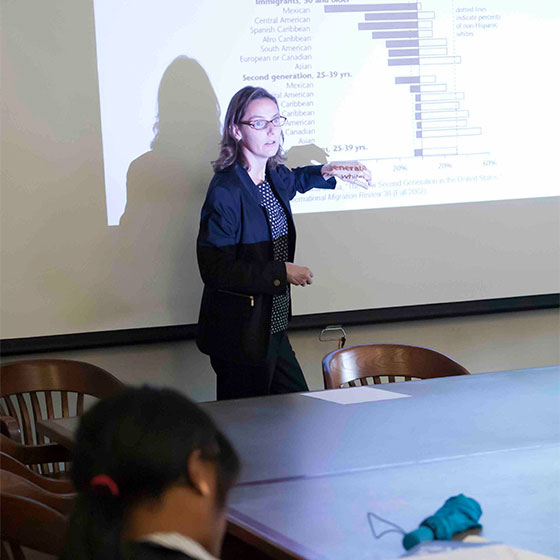
Methods
We have a large number of faculty with deep expertise in both qualitative and quantitative methods. During the Ph.D. program, all graduate students take core courses in both qualitative and quantitative methods and then specialize in one or more methods through advanced coursework. Students not only learn the methods in the classroom, they also gain invaluable experience applying these methods through coursework and collaborations with faculty.
Theory
Theory lies at the heart of the sociological imagination and an analysis of how social structures and individual lives are intimately connected. How is history embedded in everyday social relations? What are the links between our own social locations and the forms of sociological knowledge we value or produce?
Faculty with a special interest in social theory focus on critical theories of power, colonialism, the body, hegemony, globalization, immigration, intersectionality, labor, social movements, and nationalism. Drawing on diverse bodies of scholarship including Marxist and Gramscian thought, Bourdieu's work on culture and capital, feminism and critical race theory, and postcolonial thought, faculty engage both sociological and interdisciplinary trajectories of theory.
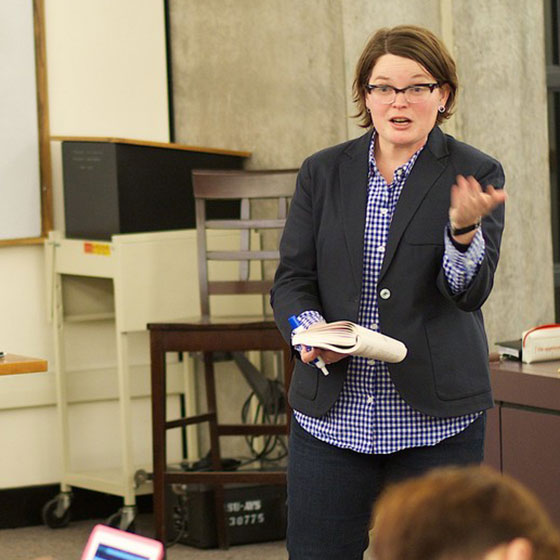
Faculty Books
Sociology Published Research
Research
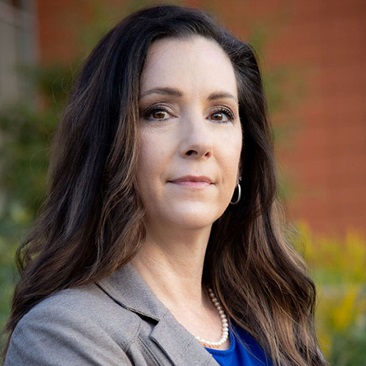
Apr 24, 2024
Research

Apr 18, 2024
Research

Apr 10, 2024


